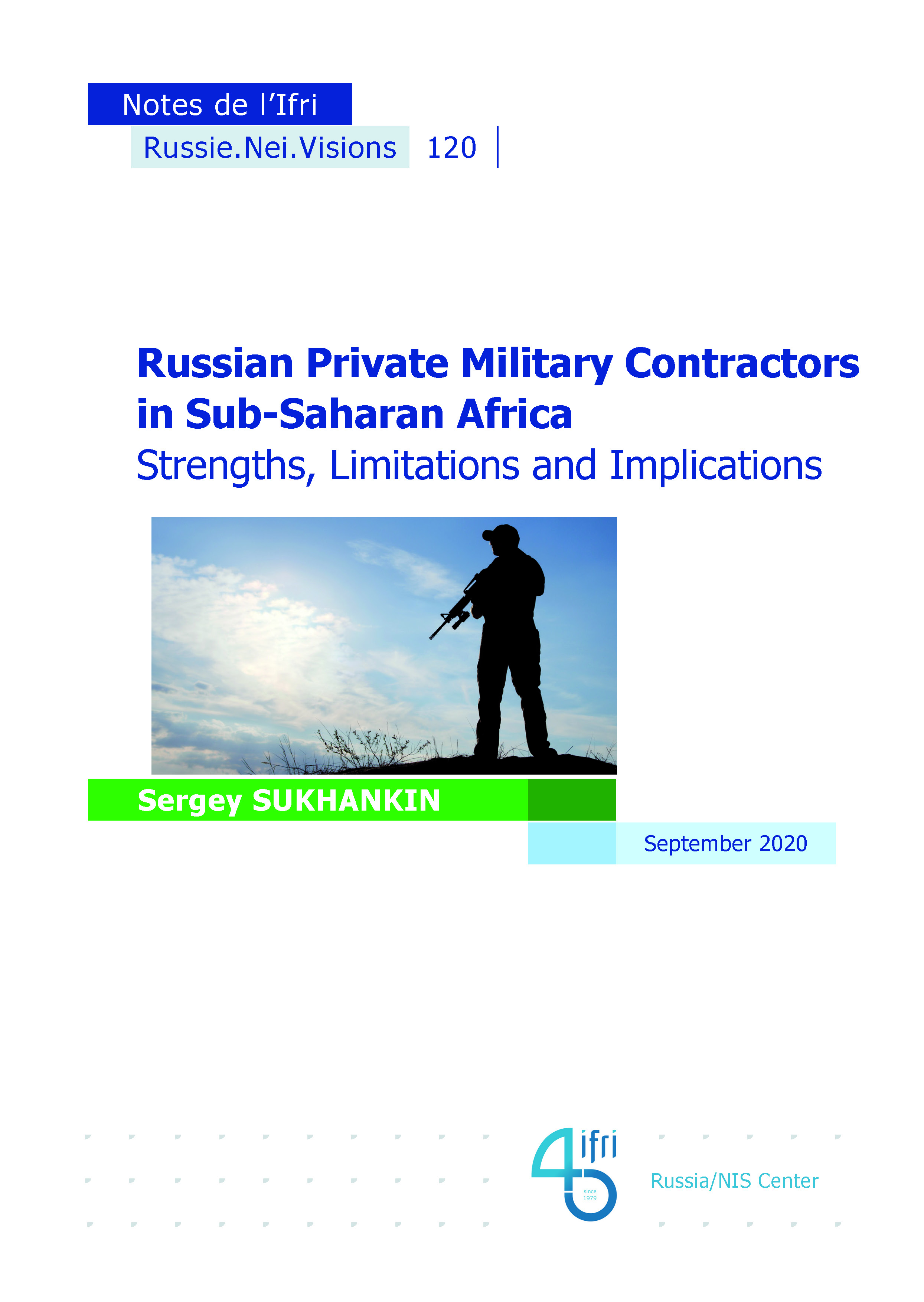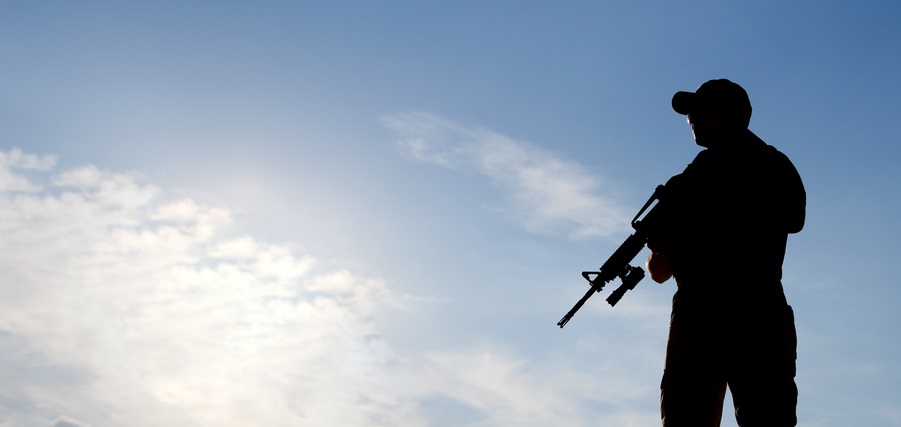Russian Private Military Contractors in Sub-Saharan Africa: Strengths, Limitations and Implications

Since 2014, Russia has notably intensified its policies in Africa, joining the race for local markets and opportunities presented by the rapidly growing and transforming continent.

In pursuit of its geo-economic/political objectives in Africa, Russia relies on military-technical cooperation and “security export” mechanisms as its main competitive advantages. Aside from legal tools, such as arms/weaponry deals, training and consulting, the Russian side also relies on illegal tools that include private military companies, entities that are de jure prohibited in Russia, and have been (since 2014) involved in conflicts in Ukraine, Syria and Libya. This paper argues that, despite their image of strength and efficiency gained in Ukraine and partly in Syria, their use will have limited strategic effect in sub-Saharan Africa and is unlikely to yield sustainable long-term benefits for Russia.
Sergey Sukhankin is a Research Fellow at the Jamestown Foundation and an Advisor to Gulf State Analytics (Washington DC).
Download the full analysis
This page contains only a summary of our work. If you would like to have access to all the information from our research on the subject, you can download the full version in PDF format.
Russian Private Military Contractors in Sub-Saharan Africa: Strengths, Limitations and Implications
Related centers and programs
Discover our other research centers and programsFind out more
Discover all our analysesThe Caspian Sea as an Emerging Energy Hub : Potentials and Limitations
This report analyzes the prospects of the Caspian Sea region — and its key actors except for Russia and Iran — becoming an important energy hub serving the needs of the European Union (EU).
The European Union's Strategic Test in Georgia
The political crisis brewing in Georgia is of an existential nature for the country. What is at stake is Georgia's future as a democratic and sovereign European nation (EU).
Commanders of Putin's Long War: Purged, Reshuffled and Disgruntled
The trend of reshuffling the Russian top military command in the course of a fast-evolving and far from successful war has progressed unevenly both across the Armed Forces’ structures and in time. The rationale for and timing of the abrupt cadre decisions made by Commander-in-Chief Putin often defy logical explanation, and the rare official clarifications are no more informative than the usual information blackout.
Russian Military Manpower After Two and a Half Years of War in Ukraine
In addition to a military victory in Ukraine, the Russian leadership is planning to build up sizable troop formations for a possible conflict with NATO in the Baltic region and the Kola Peninsula. In particular, current plans aim for the military manpower to grow by about 350,000, reaching a total of 1.5 million soldiers and commanders. In the context of the current conflict in Ukraine, this cannot be accomplished without a new wave of mass mobilization.









